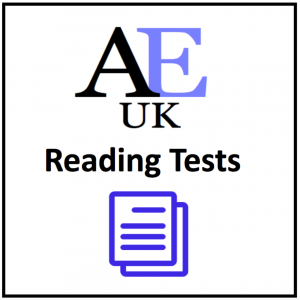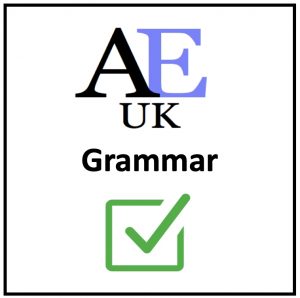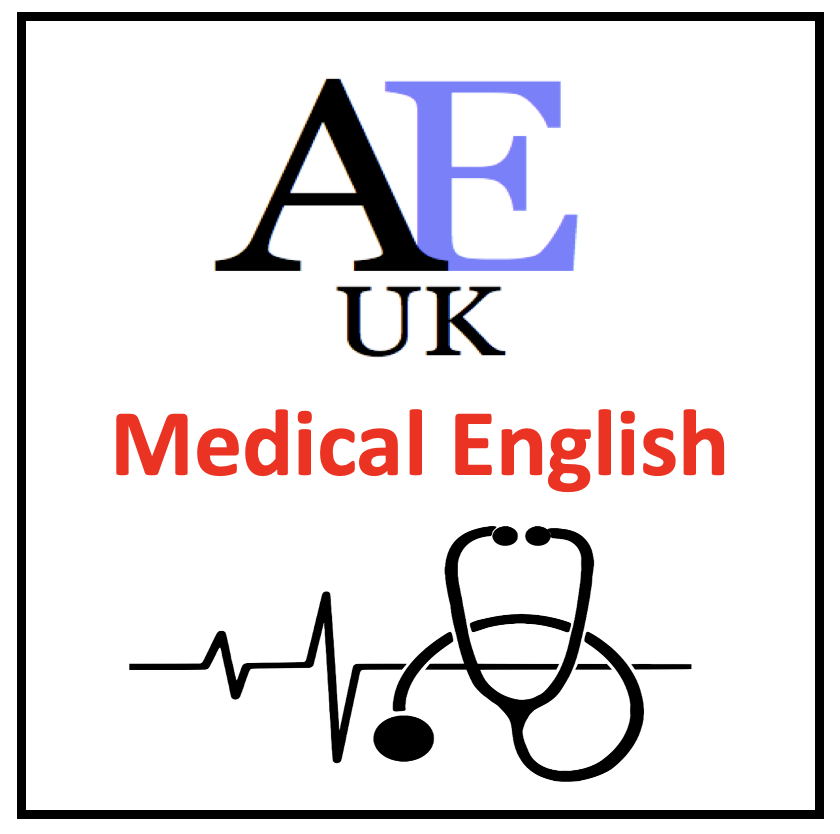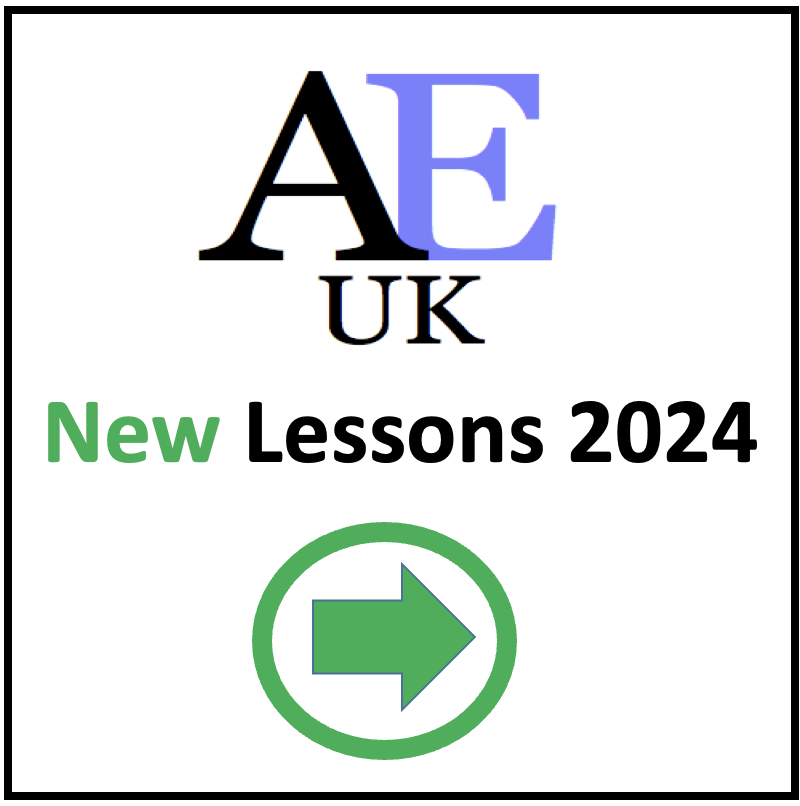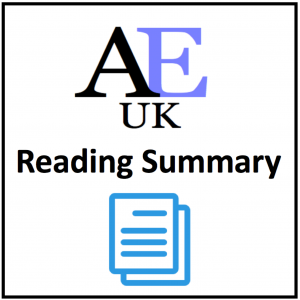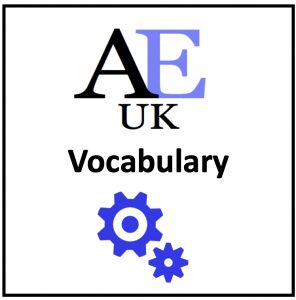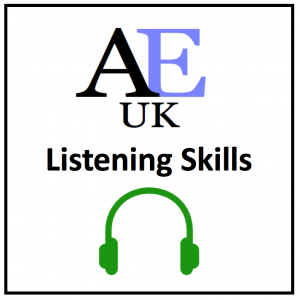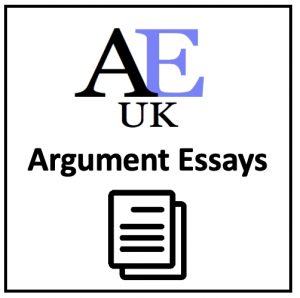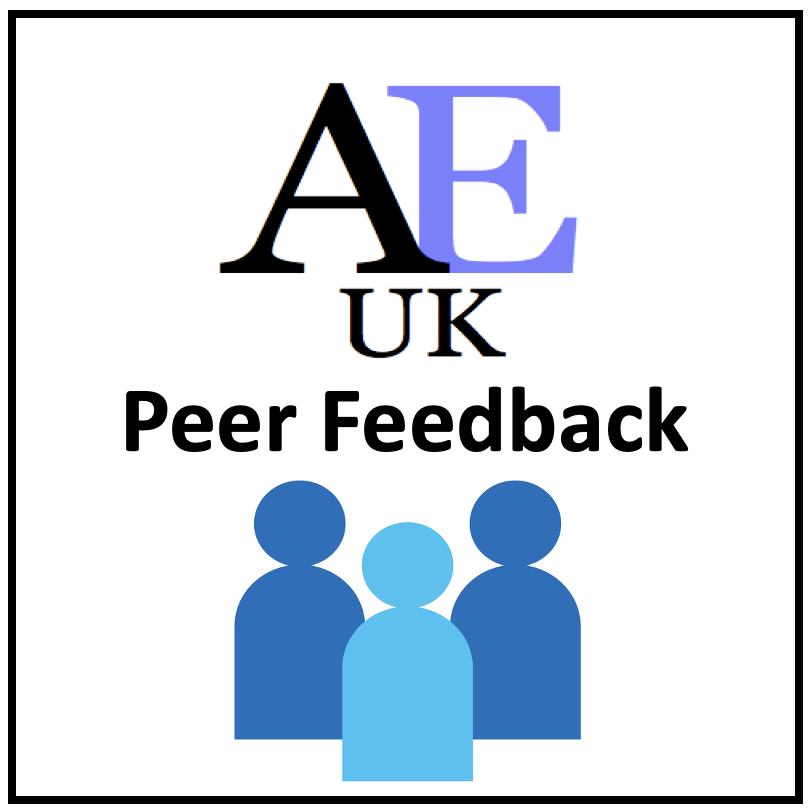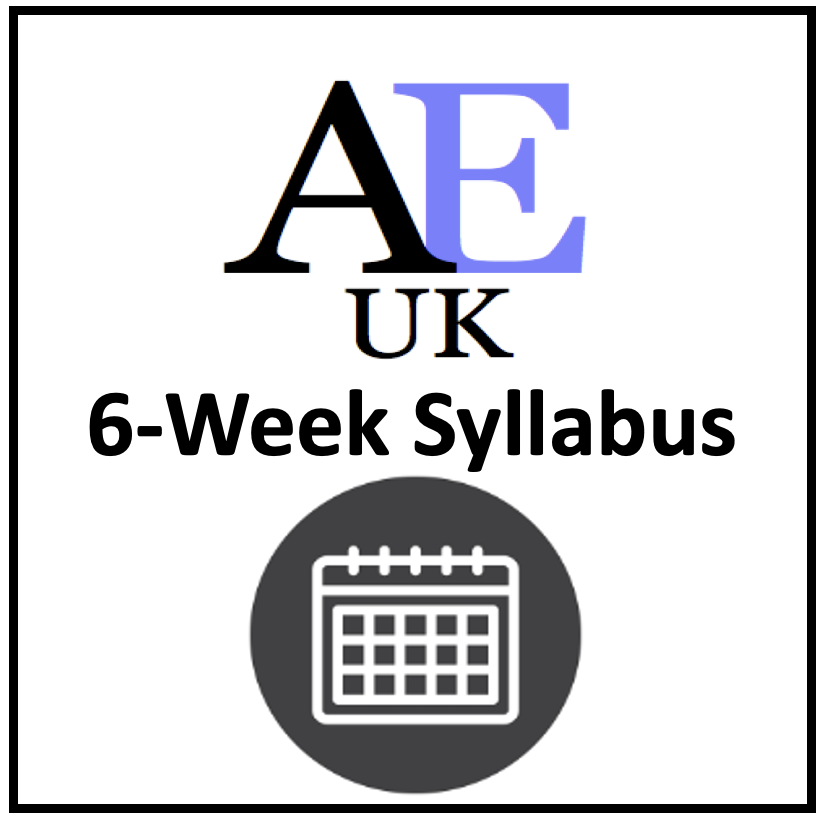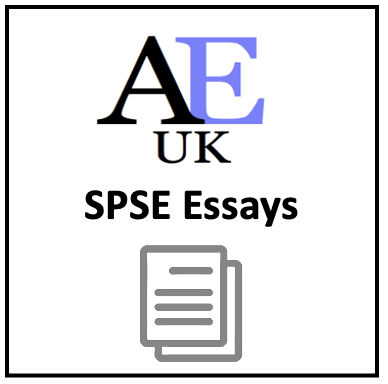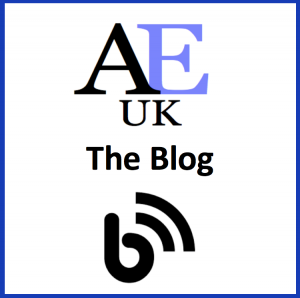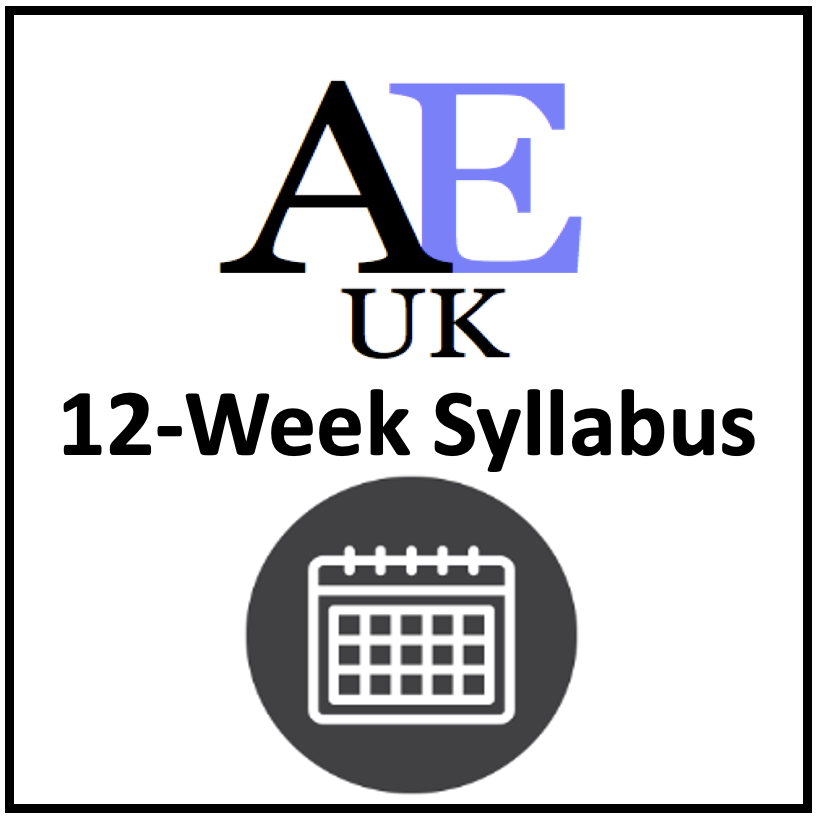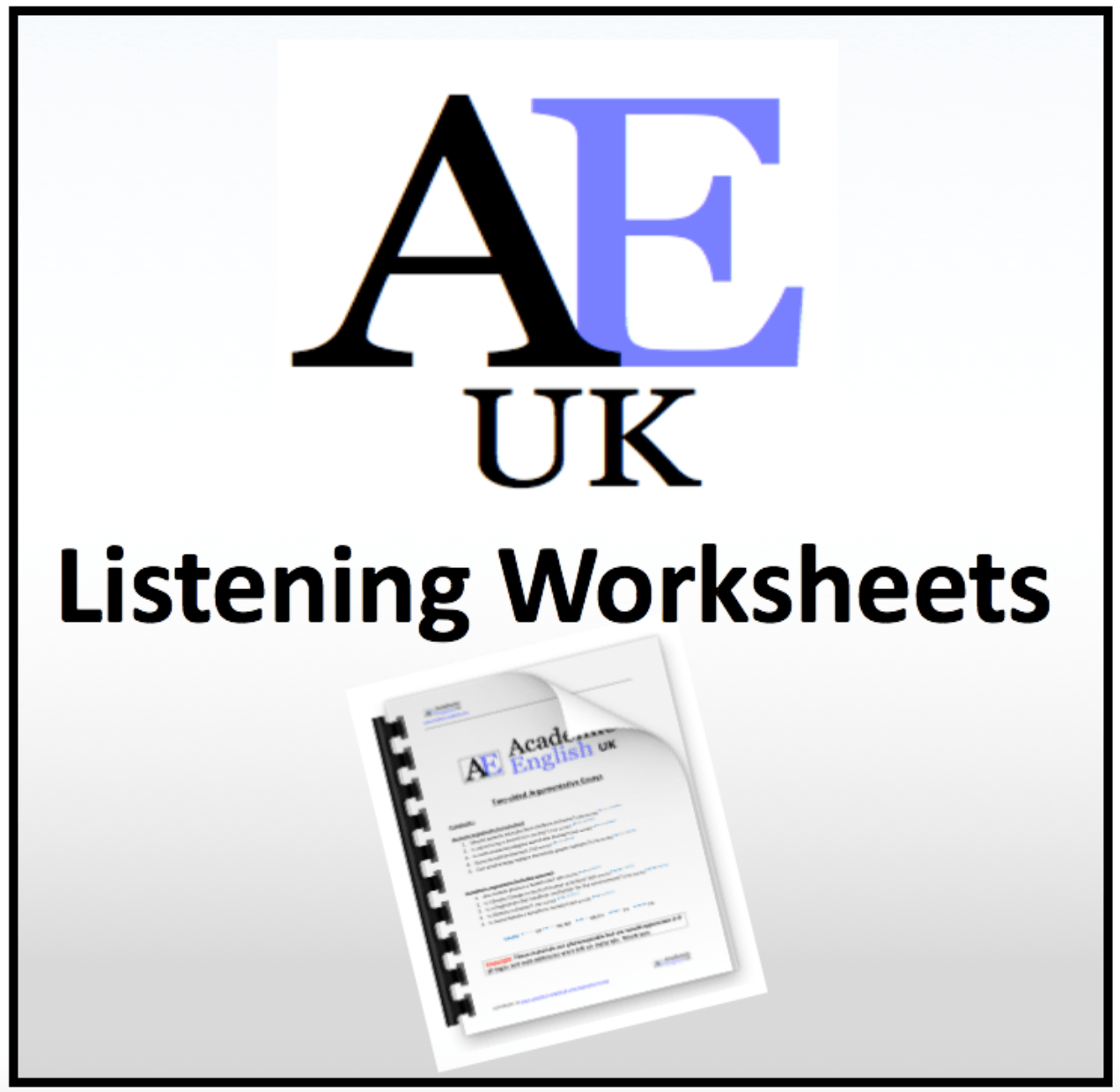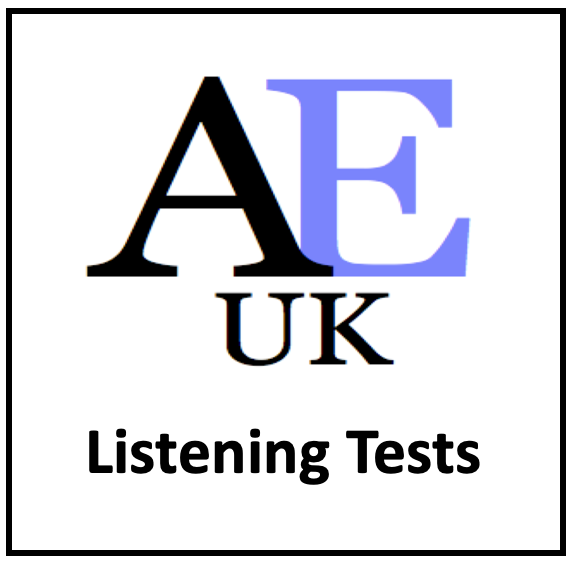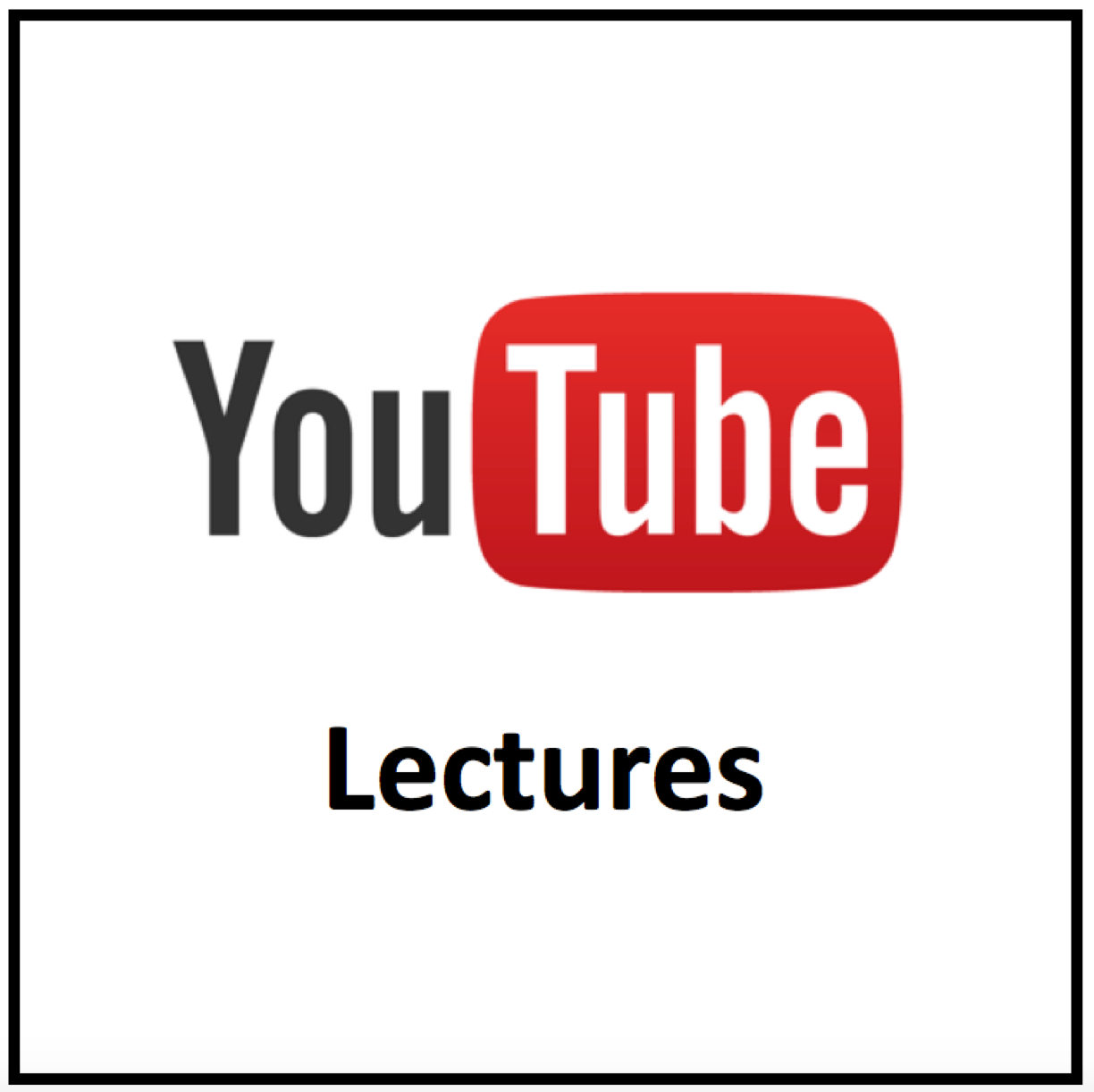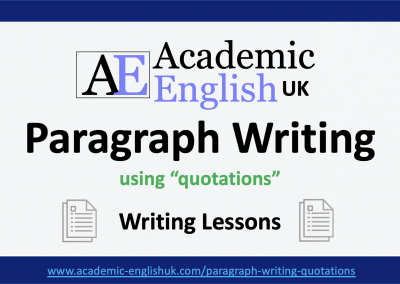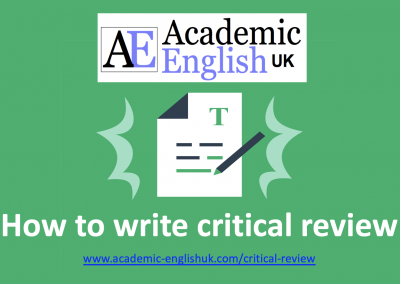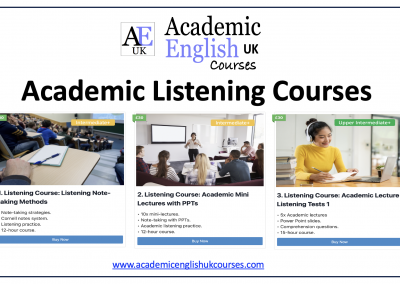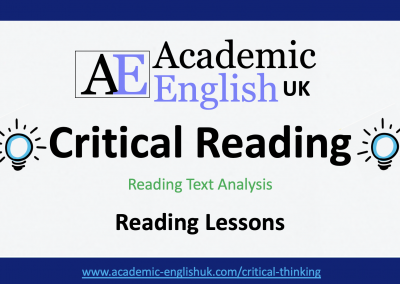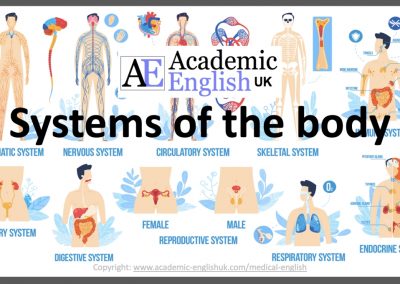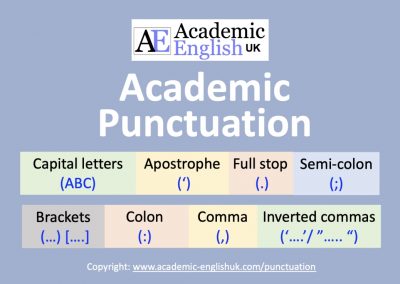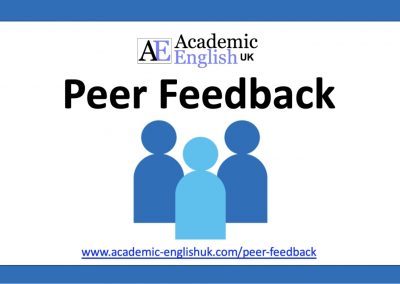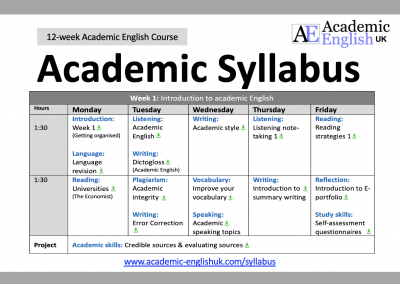Academic English: a definition
Academic English is…
…often considered relatively formal complex English that conveys ideas in a precise and objective manner. It is generally acknowledged to include the essential skills of literary analysis, the observance of reference systems, the synthesis of associated scholars and the ability of critical evaluation. Essential academic vocabulary, phrases and grammatical complexity are often used traditionally in academic dialogue and text. Specifically, Academic English refers to words and practice that are not necessarily common or frequently encountered in informal conversation and circumstances.
Wilson (2024) Academic English UK.
Academic English definitions from the Internet…
‘Academic English’ is the type of English you need for reading and understanding your study materials and writing about your subject. (The Open University, 2024)
Academic writing in English is linear, which means it has one central point or theme with every part contributing to the main line of argument, without digressions or repetitions. Its objective is to inform rather than entertain. As well as this it is in the standard written form of the language. There are ten main features of academic writing that are often discussed. Academic writing is to some extent: complex, formal, objective, explicit, hedged, and responsible. It uses language precisely and accurately. It is also well organised and planned. (UEFAP, 2024)
Academic English is the genre of English used in the world of research, study, teaching and universities. If you read an article in an academic journal or listen to someone giving a presentation or a talk about an academic subject in an academic environment, Academic English is probably being used (English for university, 2024.
Academic English also called English for Academic Purposes (EAP) entails training students, usually in a higher education setting, to use language appropriately for study. It is one of the most common forms of English for specific purposes (Wikipedia, 2024)
Effective Academic English depends on producing the most appropriate style for your purpose and audience. It includes consistency, the right level of formality, expressing ideas precisely, being concise and objective (Manchester University, 2024).
Academic language (American English for Academic English) refers to the oral, written, auditory, and visual language proficiency required to learn effectively in universities and academic programs. i.e., it’s the language used in lectures, seminars, books, and journals. It’s the language that students are expected to learn and achieve fluency in (Education Glossary, 2024).
Academic language is the language needed by students to do the work in universities. It includes, for example, discipline-specific vocabulary, grammar and punctuation, and applications of rhetorical conventions and devices that are typical for a content area (e.g., essays, lab reports, discussions of a controversial issue) (Csun, 2024).
Academic Language is the language needed by students to understand and communicate in the academic disciplines. Academic language includes such things as specialized vocabulary, conventional text structures within a field such essays and lab reports and other language-related activities typical of classrooms, such as expressing disagreement, discussing an issue, or asking for clarification. Academic language includes both productive and receptive modalities (CWU, 2024).
Academic English Dictogloss
A dictogloss is a classroom dictation activity where learners are required to construct a short text (3 sentences) by listening and taking notes, which are then used to reconstruct the text. There are many key skills used in this type of lesson; listening, note-taking, communication with other students, grammar and vocabulary development.
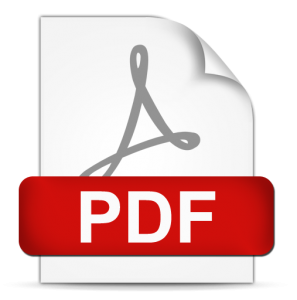 Dictogloss: Academic English
Dictogloss: Academic English
What is academic English? What is generally considered academic English in skills and language. Key language areas: phrases most people agree / academic English terminology. Level: ***** [C1] TEACHER MEMBERSHIP / INSTITUTIONAL MEMBERSHIP
Listening Lesson: What is academic English?
Academic English: How is it different?
What is academic English? This lecture by Cambridge University Press discusses the key differences between Academic and General English. The listening worksheet has a variety of questions and is great introduction to understanding Academic English . Level ***** [B1/B2/C1] Video [5:20] / MP3 /Example / TEACHER MEMBERSHIP / INSTITUTIONAL MEMBERSHIP
More Writing Resources
Introduction to Academic Writing: Top 10 Features
Students can use this independently or teachers can use it with their classes in either guided lessons or in a workshop type scenario.
Academic English Grammar Resources
Self-study / Project Lessons
More digital resources and lessons
Readings
online resources
Tests
online resources
Grammar
online resources
Medical English
online resources
New for 2024
online resources
DropBox Files
Members only
Writing
online resources
Summary
online resources
Vocabulary
online resources
Instant Lessons
online resources
Marking Criteria
online resources
OneDrive Files
Members only
Listening
online resources
Argument
online resources
Critical Thinking
online resources
Topic-lessons
online resources
Feedback Forms
online resources
6-Week Course
Members only
Speaking
online resources
SPSE Essays
online resources
Free Resources
online resources
Graphs & Charts
online resources
AEUK The Blog
online resources
12-Week Course
Members only


